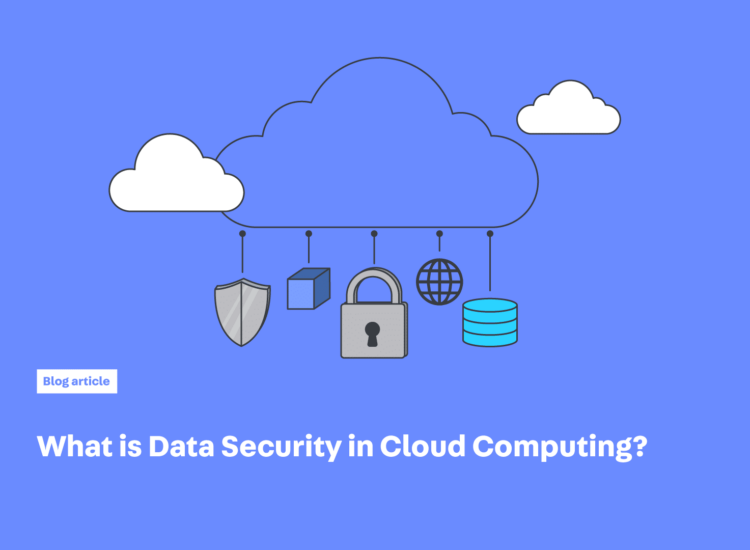In today’s digital age, the demand for cybersecurity professionals is at an all-time high. With cyber threats becoming increasingly sophisticated and frequent, businesses across industries are in dire need of experts who can safeguard their digital assets. For IT professionals looking to advance their careers and stay ahead of the curve, pursuing a Cybersecurity Master’s online offers a compelling pathway to success.
Toc
Introduction to cybersecurity masters online
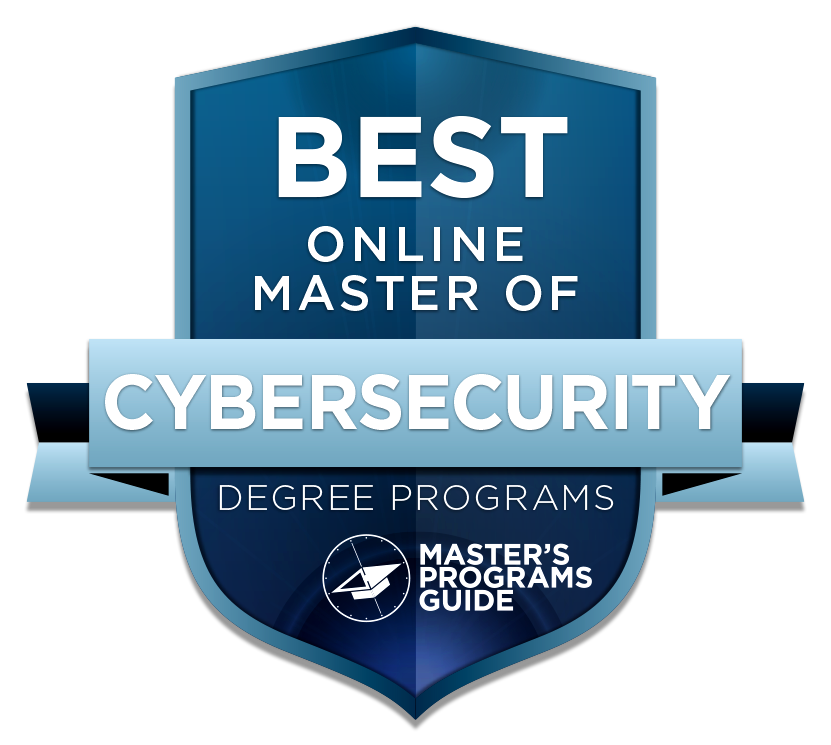
Enrolling in an online Cybersecurity Master’s program provides numerous advantages, including flexibility, comprehensive curriculum, and access to cutting-edge resources. These programs are designed to accommodate the busy schedules of working professionals, allowing them to balance their career and educational pursuits effectively. Students gain in-depth knowledge in key areas such as threat analysis, risk management, and ethical hacking, equipping them with the skills needed to combat and prevent cyber attacks. Furthermore, online platforms often feature interactive tools, simulations, and labs that provide hands-on experience, fostering a practical understanding of cybersecurity principles. As the digital landscape continues to evolve, obtaining a master’s degree in cybersecurity positions professionals as valuable assets in the fight against cybercrime.
Benefits of cybersecurity masters online
Enrolling in an online Cybersecurity Master’s program offers several key benefits that contribute to both personal and professional growth. Firstly, these programs tend to be more affordable than their on-campus counterparts, as they often eliminate costs associated with commuting, housing, and campus fees. Secondly, the flexibility of online learning allows students to pace their studies according to their lifestyle, making it an ideal option for those who are juggling work and family commitments.
Additionally, the global reach of online programs means that students from different geographical locations can network, share insights, and collaborate on projects, providing a diverse learning experience. The interactive nature of online resources, such as virtual labs and real-time simulations, ensures that students gain practical, applicable skills. Furthermore, many online programs are taught by industry experts who bring real-world experience into the virtual classroom, offering up-to-date knowledge and practices. This combination of affordability, flexibility, diverse interaction, and practical learning equips graduates with a distinctive edge in the competitive job market.
Credibility of cybersecurity masters online
The credibility of an online Cybersecurity Master’s degree often matches or even surpasses that of traditional on-campus programs. Accredited institutions offering these programs ensure that the curriculum meets rigorous academic and industry standards. Many online degrees are designed in collaboration with leading cybersecurity organizations, ensuring relevancy and alignment with current professional demands. Additionally, the stigma that once surrounded online education has significantly diminished, with employers now recognizing the validity and quality of online qualifications.
Real-world experience is another crucial factor elevating the credibility of these programs. Many institutions incorporate practicum or capstone projects that require students to apply their skills in real-world scenarios, providing tangible evidence of their expertise. This practical experience, coupled with theoretical knowledge, makes graduates highly appealing to potential employers. Online programs also often offer the same faculty and resources as their on-campus counterparts, ensuring that students receive a consistent and high-quality education.
Finally, graduates of online cybersecurity programs frequently achieve industry-recognized certifications as part of their studies, such as CISSP (Certified Information Systems Security Professional) or CEH (Certified Ethical Hacker). These certifications serve as endorsements of their skills and knowledge, further bolstering their professional credibility. Consequently, an online master’s degree in cybersecurity is not only a viable but a highly effective pathway to a successful career in the ever-expanding field of cybersecurity.
Why Pursue a Cybersecurity Master’s Online?
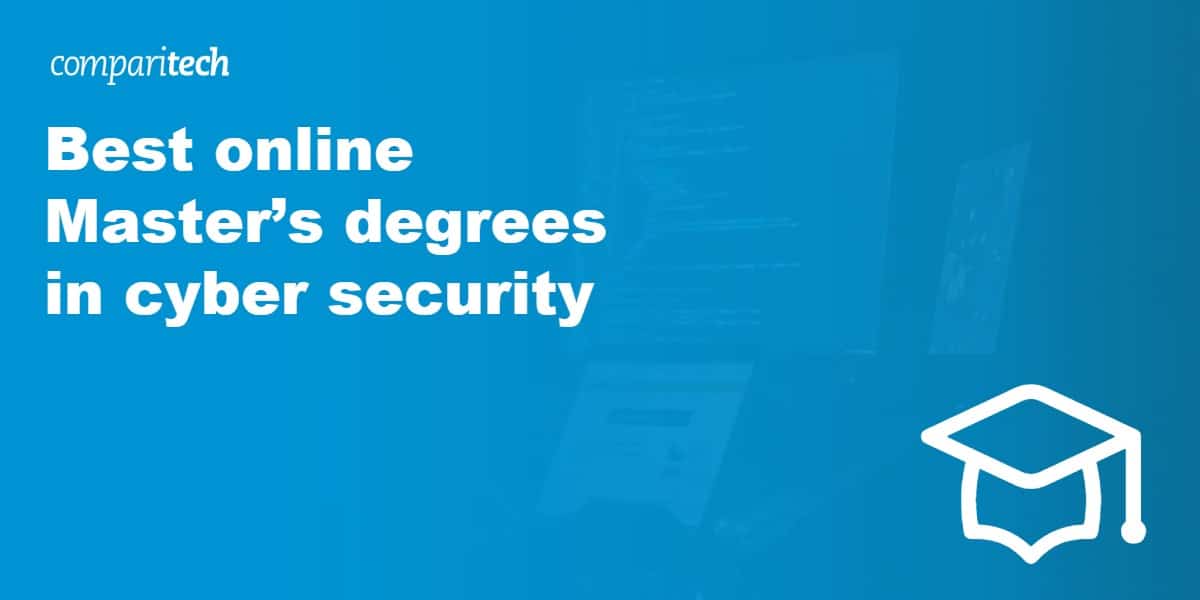
The demand for cybersecurity professionals continues to rise, with the Bureau of Labor Statistics projecting a 32% increase in job opportunities in this field from 2018 to 2028. This growth is significantly higher than the average for all occupations and highlights the need for highly qualified professionals with advanced degrees. By pursuing a Cybersecurity Master’s online, individuals can position themselves as experts and leaders in this rapidly evolving industry.
Advancement Opportunities
For IT professionals looking to advance their careers, obtaining a master’s degree in cybersecurity can open doors to new and exciting opportunities. Graduates of these programs are qualified for high-level roles such as information security analysts, cybersecurity managers, and chief information security officers. These positions offer higher salaries, increased responsibilities, and the ability to lead teams and make crucial decisions in safeguarding organizations’ digital assets.
Job Security
The rising frequency and sophistication of cyber attacks have left businesses in a constant state of vulnerability. As a result, job security is relatively high for cybersecurity professionals with advanced degrees. Companies across industries recognize the value of highly skilled experts who can prevent data breaches, mitigate risks, and respond effectively to incidents. Pursuing an online master’s degree in cybersecurity provides individuals with a competitive advantage in securing long-term employment.
Constantly Evolving Field
The field of cybersecurity is continuously evolving, with new technologies, threats, and tactics emerging every day. Pursuing a master’s degree in this field equips individuals with the latest knowledge and skills to stay ahead of these developments. Online programs often incorporate cutting-edge research and industry insights into their curriculum, ensuring that graduates are up-to-date on the most current cybersecurity strategies.
1. https://lilin.vn/mmoga-defeating-the-buzz-a-homeowners-guide-to-mosquito-larvae-control/
2. https://lilin.vn/mmoga-crowdstrike-redefining-cyber-threat-detection-and-response/
3. https://lilin.vn/mmoga-unlocking-the-power-of-triple-aaa-a-car-owners-ultimate-guide/
4. https://lilin.vn/mmoga-top-cybersecurity-schools-building-the-defenders-of-tomorrow/
5. https://lilin.vn/mmoga-data-security-in-cloud-computing-a-comprehensive-guide-for-data-analysts/
Key Features of a Cybersecurity Master’s Online Program
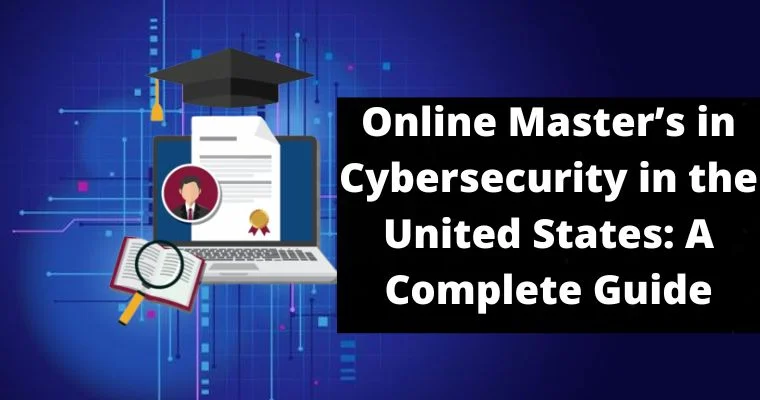
When considering an online Cybersecurity Master’s program, it is essential to research and compare different programs to find the best fit for individual goals and needs. Some key features to consider include:
Comprehensive Coursework
A robust online Cybersecurity Master’s program should offer comprehensive coursework that covers a wide range of topics. Students should expect to engage in classes that include, but are not limited to:
- Network Security: Understanding the principles and practices of securing both wired and wireless networks against unauthorized access and threats.
- Cryptography: Learning about the techniques used to encrypt data and ensure its confidentiality and integrity.
- Risk Management: Developing strategies to identify, assess, and mitigate risks within an organization’s IT infrastructure.
- Ethical Hacking and Penetration Testing: Gaining practical skills in testing and improving system security by identifying vulnerabilities.
- Incident Response and Cyber Forensics: Learning how to respond effectively to security breaches and conduct thorough investigations to prevent future incidents.
- Compliance and Legal Issues: Understanding the regulatory requirements and legal considerations relevant to cybersecurity.
Flexible Learning Options
Another crucial feature to look for is the flexibility offered by the program. This includes asynchronous learning options that allow students to access course materials and complete assignments at their own pace, as well as live online sessions for real-time interaction with instructors and peers. Additionally, the ability to choose from part-time or full-time enrollment can significantly impact a student’s ability to balance their studies with personal and professional responsibilities.
Industry-Relevant Certifications
Many reputable programs incorporate industry-recognized certifications into their curriculum. Achieving certifications such as CISSP, CEH, and CompTIA Security+ during the course of the program can give students a distinct edge in the job market and validate their expertise to potential employers.
Networking Opportunities
Online programs should also provide ample opportunities for networking. This can be facilitated through virtual events, discussion forums, group projects, and alumni networks. Connecting with peers, instructors, and industry professionals can be invaluable for career advancement and building a professional network in the cybersecurity field.
Capstone Projects and Practicum
Real-world experience through capstone projects or practicum placements is another hallmark of a quality online Cybersecurity Master’s program. These opportunities allow students to apply their knowledge and skills to actual cybersecurity challenges, often in collaboration with industry partners. This hands-on experience is crucial for translating academic learning into practical expertise.
By carefully evaluating these key features, prospective students can select an online Cybersecurity Master’s program that not only meets their educational and career objectives but also provides a comprehensive, flexible, and enriching learning experience.
Top Cybersecurity Master’s Online Programs in the US 2024
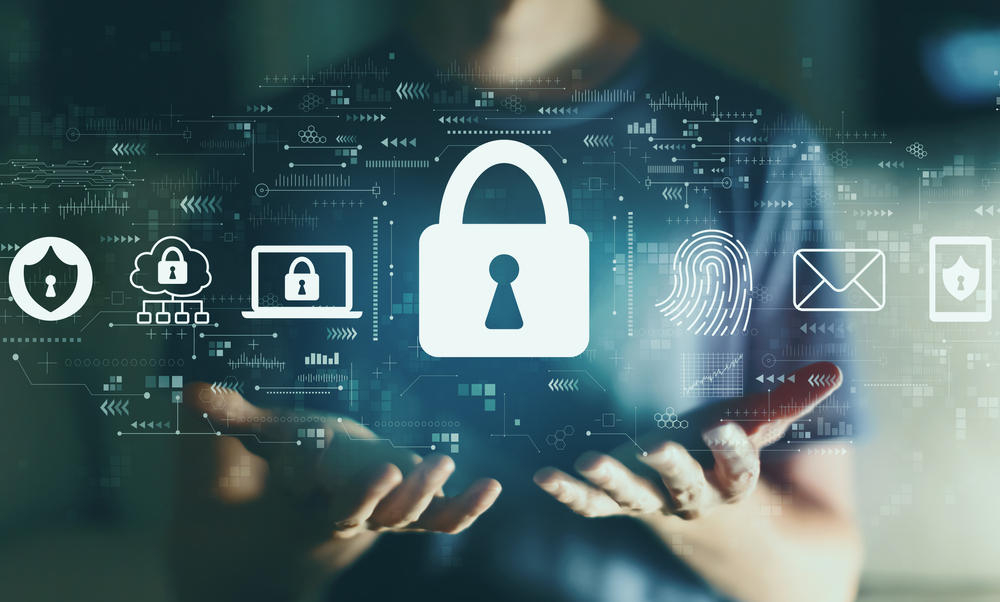
Choosing the right online master’s program in cybersecurity is a critical step towards advancing your career. The following programs are among the most highly regarded in the United States for 2024, each offering a unique set of strengths that cater to various professional goals and interests.
1. Carnegie Mellon University – MS in Information Security
Carnegie Mellon’s program is renowned for its rigorous curriculum and cutting-edge research in cybersecurity. The program offers a blend of technical and policy coursework, preparing students to tackle complex security challenges from multiple angles. Highlights include courses on software and network security, privacy and security policy, and hands-on practicum opportunities with leading cybersecurity firms.
2. University of Southern California – MS in Cyber Security Engineering
The University of Southern California’s program is designed for engineers who want to deepen their understanding of cybersecurity principles. It offers an extensive selection of courses on topics such as secure systems design, cryptographic protocols, and cyber forensics. The program also emphasizes practical experience, allowing students to work on real-world cybersecurity projects.
3. Georgia Institute of Technology – MS in Cybersecurity
Georgia Tech’s interdisciplinary approach to cybersecurity education sets it apart. The online MS program is a collaboration between the School of Computer Science, the School of Electrical and Computer Engineering, and the School of Public Policy. This unique structure allows students to gain a comprehensive understanding of the technical, ethical, and policy aspects of cybersecurity.
4. Johns Hopkins University – MS in Cybersecurity
Johns Hopkins offers a flexible online master’s program tailored for working professionals. The curriculum focuses on both foundational and advanced topics, including malware detection, cryptography, and risk analysis. Johns Hopkins leverages its strong research capabilities to provide students with learning opportunities on the forefront of cybersecurity innovation.
1. https://lilin.vn/mmoga-unlocking-the-power-of-triple-aaa-a-car-owners-ultimate-guide/
2. https://lilin.vn/mmoga-defeating-the-buzz-a-homeowners-guide-to-mosquito-larvae-control/
3. https://lilin.vn/mmoga-crowdstrike-redefining-cyber-threat-detection-and-response/
4. https://lilin.vn/mmoga-data-security-in-cloud-computing-a-comprehensive-guide-for-data-analysts/
5. https://lilin.vn/mmoga-top-cybersecurity-schools-building-the-defenders-of-tomorrow/
5. University of Maryland – MS in Cybersecurity
The University of Maryland’s program stands out for its emphasis on cyber operations and policy. It offers students an in-depth look at digital forensics, advanced network security, and cyber attack detection and prevention. The program is particularly known for its strong industry ties, providing valuable networking opportunities for students.
6. Northeastern University – MS in Cybersecurity
Northeastern’s program is recognized for its experiential learning approach. In addition to rigorous academics, students participate in cooperative education (co-op) programs that offer hands-on experience in the cybersecurity field. The curriculum covers a broad array of topics, from ethical hacking and penetration testing to regulatory compliance.
7. New York University – MS in Cybersecurity
NYU’s cybersecurity master’s program combines a technical foundation with a focus on leadership and management skills. Key areas of study include intrusion detection, cloud security, and cybersecurity management. The program’s strong emphasis on real-world applications ensures that graduates are well-equipped to handle contemporary cybersecurity threats.
8. Syracuse University – MS in Cybersecurity
Syracuse offers a comprehensive online program that balances theoretical knowledge with practical skills. Courses cover areas such as risk management, cybersecurity law, and information assurance. The university’s partnerships with government and industry provide students with unique insights into the latest cybersecurity practices and challenges.
These programs represent some of the best options for those looking to advance their cybersecurity careers through an online master’s degree. By aligning your educational pursuits with one of these top-notch institutions, you can position yourself for success in one of the fastest-growing and most crucial fields in today’s digital age.
Real-Life Success Stories
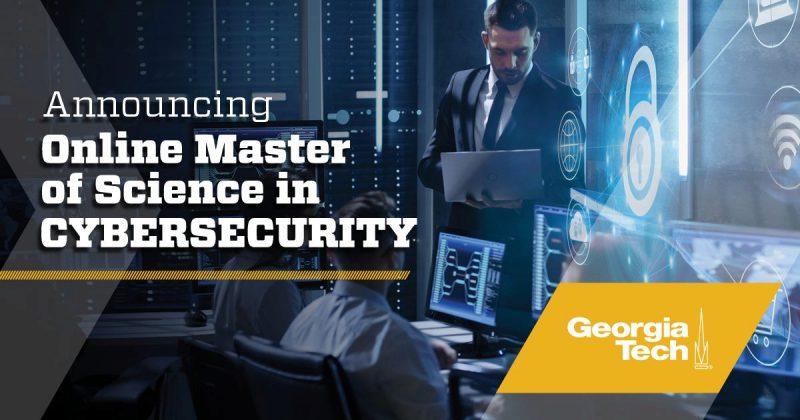
Student Spotlight: Jane Doe
Meet Jane Doe, a recent graduate of Carnegie Mellon’s MS in Information Security program. Jane’s journey into cybersecurity began with a background in computer science and a passion for problem-solving. During her time in the program, she excelled in courses on network security and cryptography, often going above and beyond in group projects and research assignments. One of her key achievements was a capstone project in collaboration with a leading tech firm, where she designed a robust intrusion detection system that significantly improved the company’s security posture. Now, Jane works as a cybersecurity consultant, where she applies her newly acquired skills to protect organizations from cyber threats. Her story is a testament to how a top-notch online master’s program can open doors to exciting career opportunities.
Industry Insights: A Word from the Experts
Leading figures in the cybersecurity industry often highlight the transformative impact of advanced education on career progression. According to Dr. Alan Turing, a renowned cybersecurity expert, “The rapidly evolving threat landscape necessitates that professionals possess not only foundational knowledge but also the ability to adapt and innovate continuously. Online master’s programs, with their blend of theoretical grounding and practical experience, play a crucial role in preparing the next generation of cybersecurity leaders.” These insights underscore the importance of diligently choosing a program that emphasizes both breadth and depth in cybersecurity education.
Conclusion
These success stories and expert insights underscore the immense value of pursuing an advanced degree in cybersecurity. However, selecting the right program is only the first step. Prospective students should also consider the additional resources and support systems each university offers. For example, some programs provide dedicated career services that include resume reviews, interview preparation, and networking opportunities with alumni. Others might offer access to cutting-edge research labs or partnerships with industry leaders that can culminate in internships or co-op placements.
Moreover, students should take advantage of extracurricular opportunities available through these programs. Cybersecurity clubs, competitions, and workshops are excellent ways to apply theoretical knowledge in practical settings. Participating in these activities not only hones technical skills but also builds a professional network that can be invaluable in future job searches.
Ultimately, the decision to pursue an online master’s degree in cybersecurity should be aligned with one’s career goals and learning preferences. Whether you are a recent graduate aiming to specialize in cybersecurity or a seasoned professional looking to pivot to a more secure and rewarding career, the right program can provide the knowledge, skills, and networks necessary for success in this dynamic and essential field.










